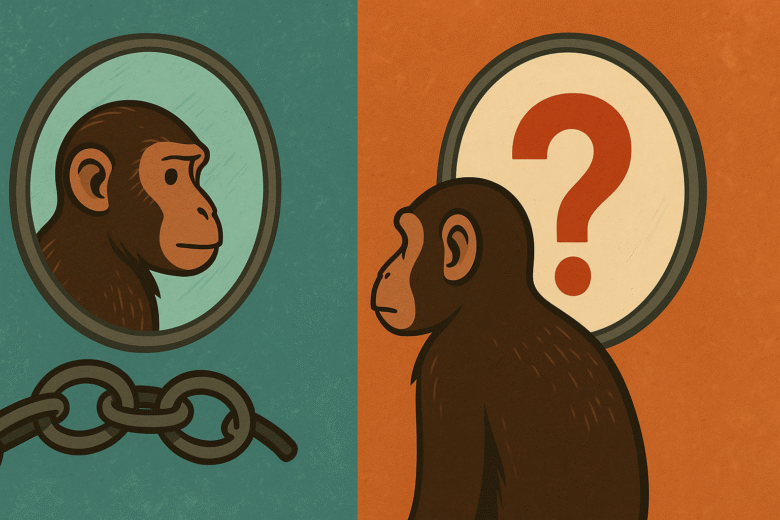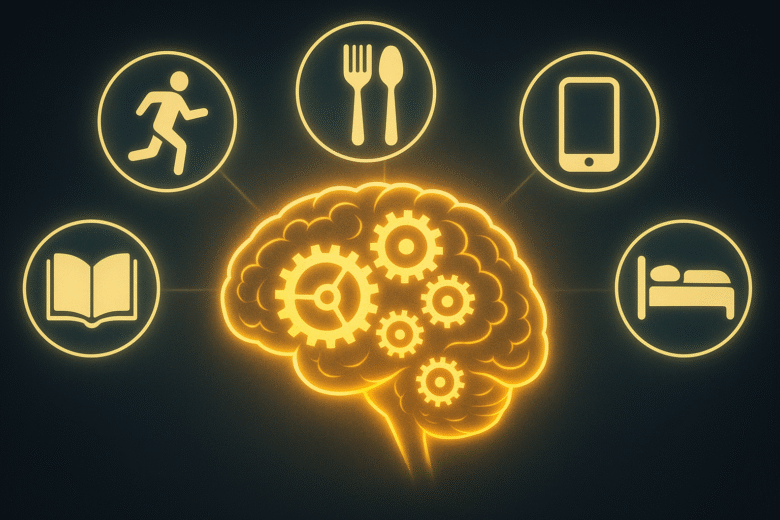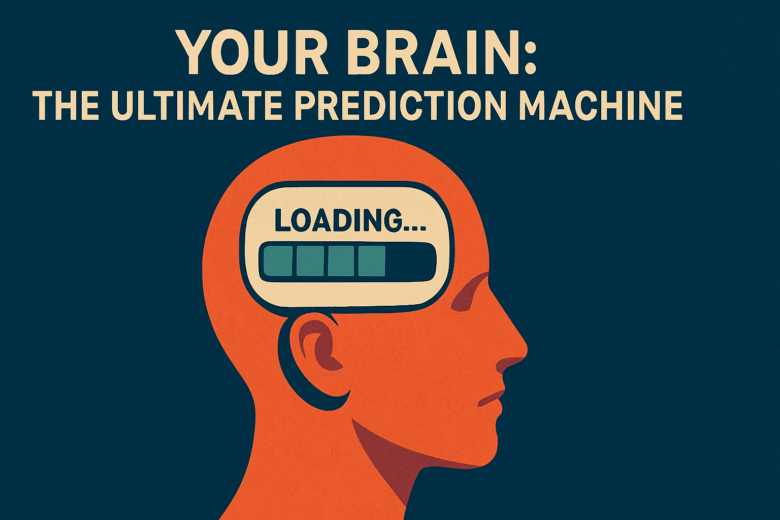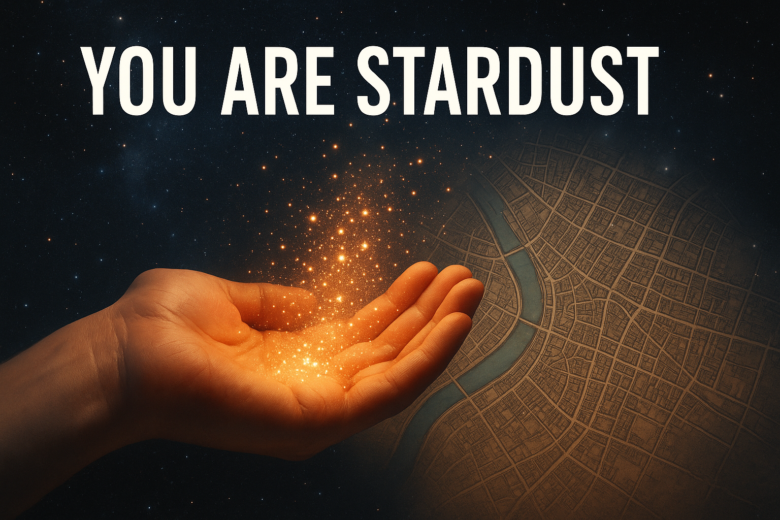Fun fact: Ancient Babylonians predicted lunar eclipses with precision—more than 2,500 years before the invention of the telescope. Imagine trying to map the heavens with nothing but your eyes, a few sticks, and unwavering patience. No telescope. No clock. No calculator. Just intuition, observation, and a deep, almost spiritual, relationship with the sky. Yet, somehow, …
Fun fact: Humans are the only animals known to blush—our faces turn red from emotional exposure, not physical heat. Ever tripped in public, said something awkward, or realized your fly was open in the middle of a conversation? That burning heat crawling up your cheeks? That’s blushing—a deeply human, deeply weird phenomenon. It’s involuntary. It’s …
Fun Fact: Only a handful of animals—like great apes, dolphins, elephants, and magpies—have ever passed the mirror test, a key experiment in measuring self-awareness. Imagine walking by a mirror and seeing your reflection for the first time. Do you recognize that face as your own—or do you mistake it for another creature? Now imagine you’re …
Fun Fact: Nearly 40% of your daily actions aren’t conscious decisions—they’re habits playing on autopilot. Ever opened your phone without meaning to? Or found yourself halfway through a bag of chips before realizing you weren’t even hungry? That’s not laziness or lack of willpower—it’s your brain being efficient. For better or worse, your brain loves …
Fun Fact: Your brain uses almost as much energy when you’re daydreaming as when you’re solving a math problem. Ever been caught staring into space and told to “get back to work”? Turns out, your brain might have been doing some of its most important work precisely when it looked like you were doing… nothing. …
Fun Fact: There are people who can remember almost every face they’ve ever seen—even years later—while others can’t even recognize their own family members in photos. You’re walking through a crowded market when someone waves at you. Panic sets in. You smile back, trying to place them. School? Work? Your neighbour? Nothing. Later, it hits …
Fun Fact: Roughly 55% of people report experiencing “frisson”—a scientific term for chills or goosebumps—while listening to music! Why does a certain note in a song send a shiver down your spine? Why do you get goosebumps when a singer hits a high note or when the orchestra swells into a crescendo? These moments aren’t …
Fun Fact: Nearly 70% of people in psychological studies believe they’ve experienced a memory that never actually happened. Have you ever been absolutely sure that something happened—only to find out later it didn’t? Maybe you vividly remember your childhood home having blue walls, but photos show they were green. Maybe you recall a friend saying …
Fun Fact: Your brain receives more information from inside your head than from your senses—and it often fills in the gaps without telling you. Imagine for a moment that nothing you see, hear, or feel is actually “real.” Not because you’re in a simulation or dreaming—but because your brain is always one step ahead, guessing …
Fun Fact: Nearly 97% of the atoms in your body were forged in the cores of ancient stars—long before Earth even existed. If you ever feel small or insignificant, here’s a truth that might just change the way you look at yourself forever: you are made of stardust. Not metaphorically. Not poetically. Literally. “You Are …










